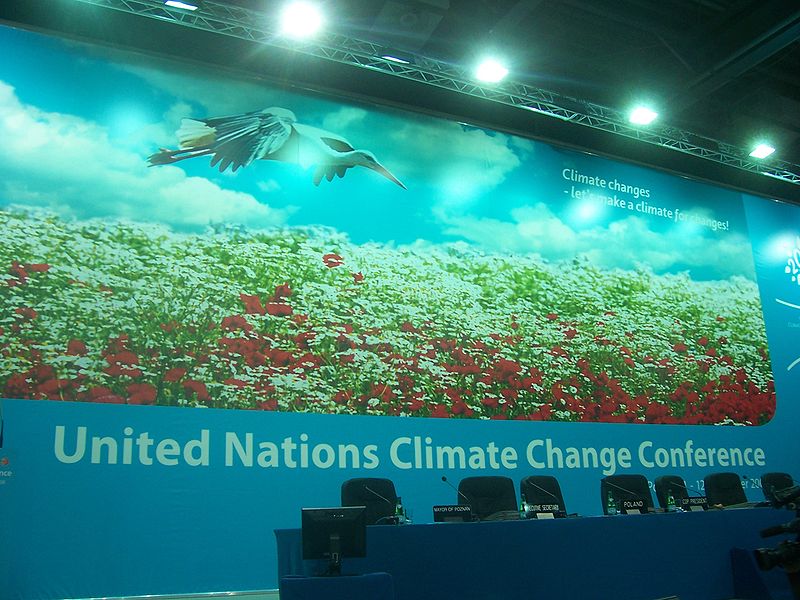Intergovernmental Panel on Climate Change report shows that climate change is ‘rapid, widespread, intensifying’
GENEVA (AA) – The scale of warming in the world is unprecedented in thousands, if not hundreds of thousands of years, said a new UN climate report on Monday.
The Intergovernmental Panel on Climate Change (IPCC) Working Group I report, Climate Change 2021: the Physical Science Basis, said it provides the clearest and most comprehensive assessment to date of warming of the atmosphere, oceans, and land.
“The scale of recent changes is unprecedented in thousands, if not hundreds of thousands of years,” said the World Meteorological Organization (WMO), releasing the report.
“Many changes due to past and future greenhouse gas emissions are irreversible for centuries to millennia especially changes in the ocean, ice sheets, and global sea level, says the report,” the WMO said.
The UN General Secretary Antonio Guterres said in a statement, “Today’s IPCC Working Group 1 Report is a code red for humanity,” as he called for “stepped up efforts.”
“The alarm bells are deafening, and the evidence is irrefutable: greenhouse gas emissions from fossil fuel burning and deforestation are choking our planet and putting billions of people at immediate risk.”
‘Every region of earth’ affected
“Global heating is affecting every region on Earth, with many of the changes becoming irreversible.”
The report noted that human-induced climate change is already affecting many weather and climate extremes in every region across the globe.
Evidence of observed changes in extremes such as heatwaves, heavy precipitation, droughts, and the proportion of intense tropical cyclones, and, in particular, their attribution to human influence has strengthened since the last IPCC Assessment Report in 2014.
“The harsh reality of climate change is playing out in real-time before our very eyes,” said WMO Secretary-General Petteri Taalas, adding: “It is a foretaste of what faces future generations.”
The reports “are not comfortable” but are “a balanced view of the majority of science,” he noted.
Taales said that some of the negative changes are already locked into the climate system, but others still can be addressed if the world makes strong, rapid, and sustained reductions in emissions now.
“However, greenhouse gas concentrations, especially carbon dioxide, remain at record levels,” he said.
The IPCC report projects that in the coming decades, climate changes will increase in all regions.
For 1.5 degrees Celsius of global warming, there will be increasing heat waves, longer warm seasons and shorter cold seasons, and changes in precipitation patterns affecting flooding and drought occurrences.
At 2 C of global warming, heat extremes would more often reach critical tolerance thresholds for agriculture and health, the report showed.
Extreme heat
“The extreme heat we have witnessed in 2021 bears all the hallmarks of human-induced climate change. British Columbia in Canada recorded an incredible temperature of 49.6°C — breaking all previous records — as part of an intense and extensive heatwave in North America,” said Taalas.
The IPCC’s meeting was to approve its following report on the physical science basis of climate change, the first part of its Sixth Assessment Report.
The meeting was held remotely, the first time the IPCC has conducted an approval session in such a format before Monday’s release.
“This report has been prepared in exceptional circumstances, and this is an unprecedented IPCC approval session,” IPCC chair Hoesung Lee told the opening session of the meeting, noting there were 234 report authors.
“This work has required multiple series of virtual meetings across time zones, disrupting daily lives and work rhythms, especially in the most critical phase of the last 16 months as we shaped the final draft,” said Lee.
More than 14,000 scientific papers are referenced in the report.
The IPCC was set up in 1988 by the UN’s WMO and Environment Program.

